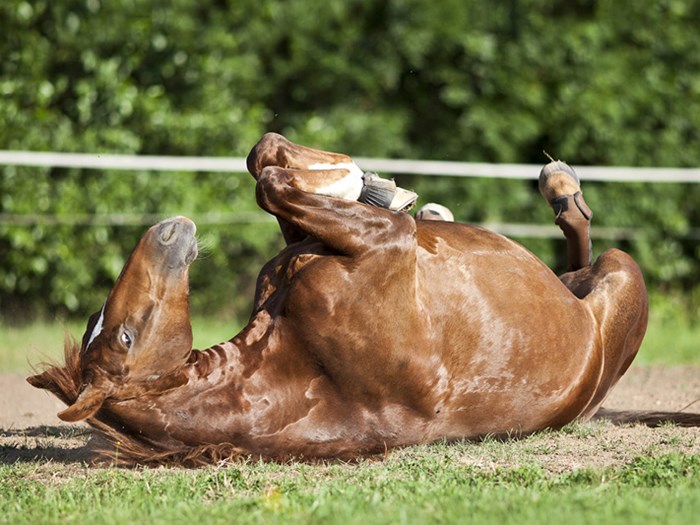Sand test service

Horses presenting with sand colic usually have a history of grazing on sandy soils, overgrazing paddocks or being fed in a ménage. For equines in these risk categories a faecal sample can be taken at intervals through the year and checked for sand to assess the levels in the gut. This is done by dissolving dung in water and observing the amount of sediment that settles in the sample overnight.
Test results from Westgate are expressed as a percentage to give a quantitative measure of the level found. While it’s not desirable to find any sand in faeces, some healthy horses are not affected by a small amount. For this reason positive tests should be discussed with your vet on a case by case basis. Together you can determine whether other symptoms such as diarrhoea/colic are also present and devise an appropriate management and/or treatment protocol.
Bespoke Veterinary Service
-
With the variables of gut movement it is possible for the test to generate a false negative and show no sand in the faeces of horses that are carrying a burden. For this reason we include two kits; if no sand is detected in the first sample then take a second a few days later. If sand is detected in the first test then the second can be used to retest the horse following management adjustments.
- Clients send samples direct to us, we test samples on the day we receive them in the post and report the results back to YOU either by email, phone or post. We send an invoice at the month end for tests carried out for you.
We have had very positive feedback from the veterinary practices already using this simple system. If you are interested in this service please contact: [email protected] or phone: 01670 791994.

FAECAL SAND TEST kit to test for GUT SEDIMENT LEVELS in equines
Test kit includes everything your client needs to take and send a sample for laboratory testing with the results returned to you for dissemination and advice.
- Contact us for details of our competitive pricing structure and suggested selling prices